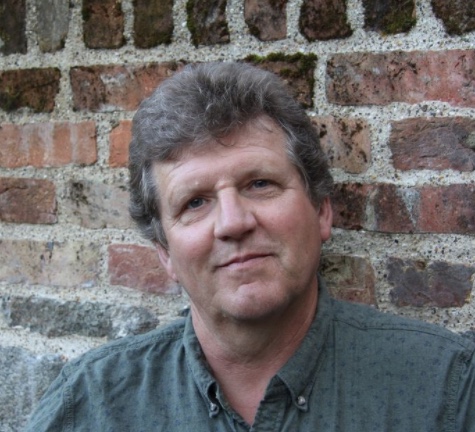
Sir Oswald Mosley was the bogeyman of 1930s British politics, and the Blackshirts of his British Union of Fascists were marching the streets. At the time, the Security Service (i.e. MI5) had very little idea what they were up to, how much of a threat they posed and were given precious few resources to find out.
In Blackshirt Masquerade it’s 1935 and what MI5 needs is a misfit who can be persuaded to infiltrate Mosley’s movement. Disgraced army officer Hugh Clifton is talked out of seclusion where he devours detective fiction to keep his mind active. No heroics, he is told; his role is simply to feed back information.
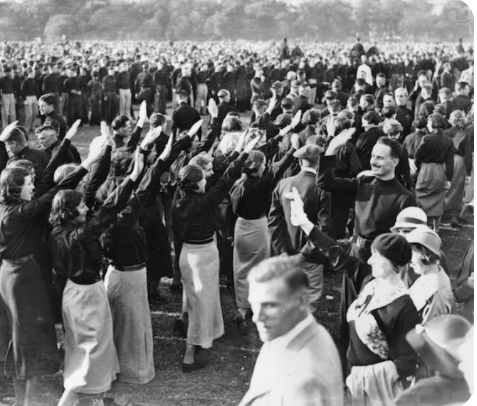
The Blackshirts expanded rapidly from three dozen members in October 1932 to over 50,000 in the space of two years. Supporters came from all classes, in particular young men and women frustrated with a torpid government led by old men doing little about the country’s problems. The lower middle class, the unemployed, former soldiers and former Suffragettes mixed with failed businessmen, street thugs, criminals, antisemites and disillusioned socialists. Add bored ex-debutantes and conniving members of the aristocracy, and the BUF became an eclectic mix. All Hugh has to do is pay his shilling membership fee and he’s in.
Hugh lost his friends along with his reputation, so perhaps unwisely makes new ones among the fascists, knowing that one day he will have to betray them. Or, just perhaps, they will betray him. The variety of people joining the Party means they’re not all heel-clicking Nazis; the majority of members don’t even get to wear the coveted black shirt. Hugh impresses his new friends enough to join the Defence Force. Expect trouble, he is warned, and on his first outing as a Blackshirt he unwittingly becomes a front-page hero of the movement. From that point, he is stuck in his new role.
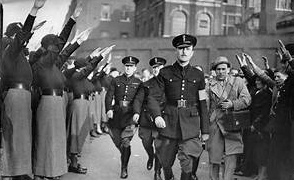
I set out to write a book about a good detective working under an evil regime but paused to wonder how that regime could come about and how he would end up working for it. In Blackshirt Masquerade, Hugh is being watched by the sinister fascist intelligence unit known as Department Z, as his simple mission becomes more complex and dangerous. This organisation operated from Room Z at the fascist headquarters Black House. Hugh becomes an agent of Room Z, as a way of keeping their eyes off him and as a route to uncovering the truth behind the mystery he has uncovered.
Small, amateurish, but growing in power, Department Z aspires to become Britain’s Gestapo and Hugh is along for the ride, working for two masters while trying to stay alive. This sets up the Agents of Room Z series where my hero is in the Donnie Brasco situation of having to live and work with characters whose views he finds alien, but some he can’t help liking as people. Indeed, he can become tempted by the power, the uniforms reeking of evil chic and the promise of more reward to come.
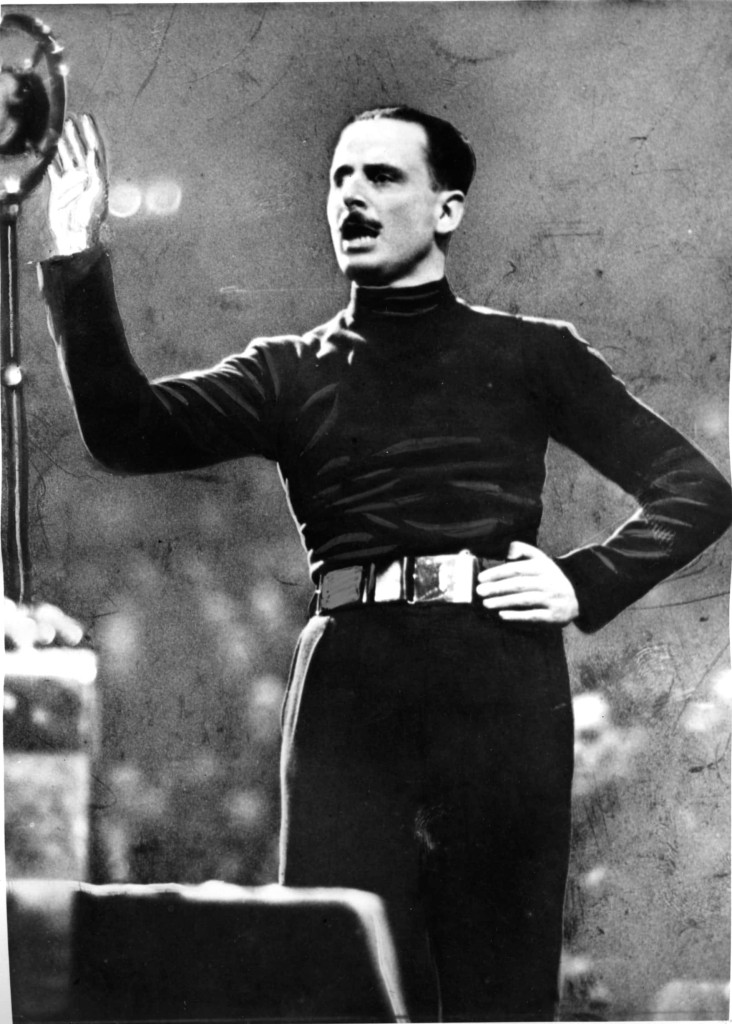 Other players were on the scene in the 1930s. Communist plots were the main concern of the Security Service, and Moscow’s agents were active on Britain’s streets. Mussolini was secretly supporting Britain’s fascists, Japan’s ambition was worrying and the Nazis gradually became recognised as a threat. Britain’s security services operated in a surprisingly amateur fashion and relied heavily on men of independent means such as Hugh. Many officers of MI5 had links with the British Fascisti of the 1920s and other right-wing organisations which rather muddies the waters. The Secret Intelligence Service (i.e. MI6) co-operated at times with the Gestapo and with General Franco, muddying things more. The British establishment itself was riven by rivalry and petty plots and had very little interest in supporting or properly controlling its slender intelligence services. This is all fertile ground for a thriller writer to have fun and for his characters to face no end of problems.
Other players were on the scene in the 1930s. Communist plots were the main concern of the Security Service, and Moscow’s agents were active on Britain’s streets. Mussolini was secretly supporting Britain’s fascists, Japan’s ambition was worrying and the Nazis gradually became recognised as a threat. Britain’s security services operated in a surprisingly amateur fashion and relied heavily on men of independent means such as Hugh. Many officers of MI5 had links with the British Fascisti of the 1920s and other right-wing organisations which rather muddies the waters. The Secret Intelligence Service (i.e. MI6) co-operated at times with the Gestapo and with General Franco, muddying things more. The British establishment itself was riven by rivalry and petty plots and had very little interest in supporting or properly controlling its slender intelligence services. This is all fertile ground for a thriller writer to have fun and for his characters to face no end of problems.
Researching Mosley and his movement has resulted in my owning two shelves of books including some with quite dodgy content. A great deal of information about the British Union of Fascists has been forgotten, lost or never made publicly available. As the fascists ended up on the wrong side of history in 1939 their membership became very quiet about what they had really been up to, which although frustrating to a historian gives manoeuvre space for a novelist.
Amid all this complexity, Hugh must survive among the fascists and do good where he can. His love of fictional detectives drives him into his own investigations and careful creation of his own team of misfits. These are the agents of Room Z.
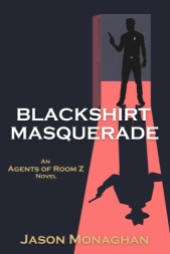
Blackshirt Masquerade is published by the Historia imprint of Level Best books.
22, March 2022, Pbk: £1299, Kindle: £4.29